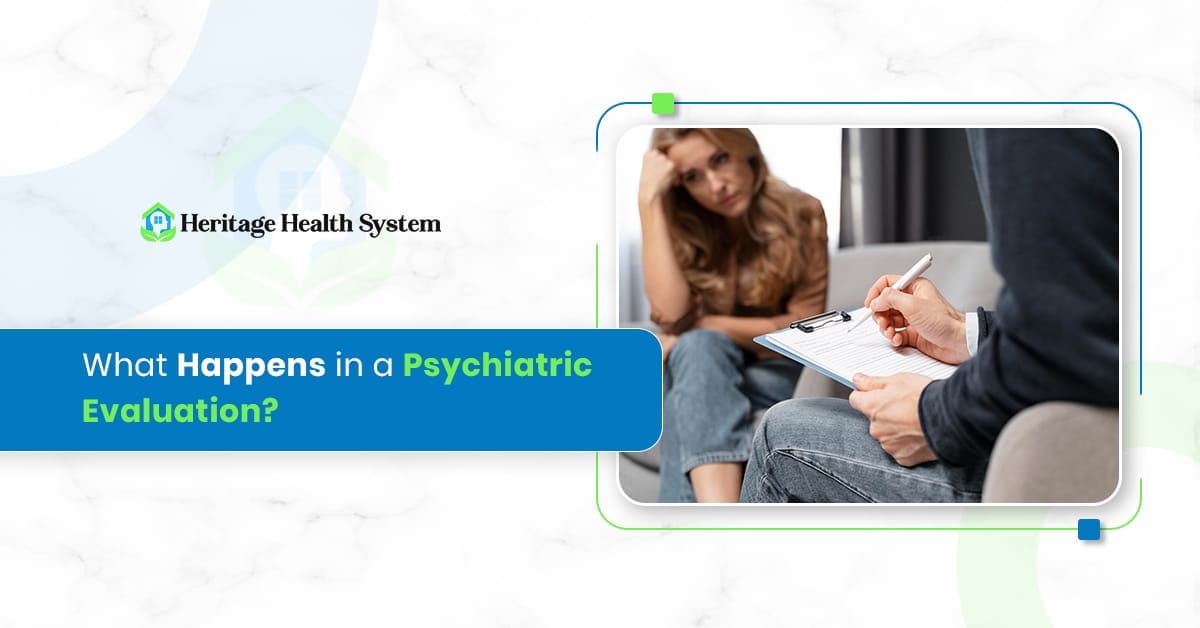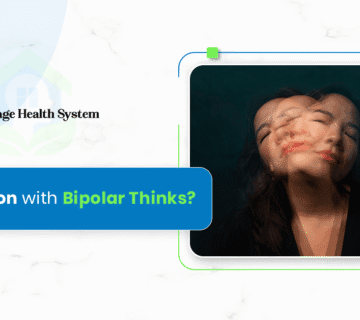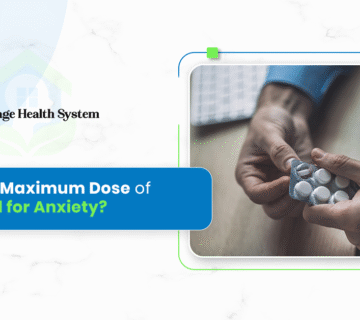A lot of people ask, “What happens in a psychiatric evaluation? You are not alone. Here is information about reducing anxiety and helping you get ready. It works for yourself, a loved one, or immigration needs.”
We will take you through the procedure and tell you what one can expect and how the whole process is structured.
Evaluation helps mental health experts support youth, including kids and teens. We’re here to help. We cover all your needs, from checkups to hospital visits and first psychiatric evaluations.
At Heritage Health System, we provide full mental health assessments made for you. If you need help for yourself or someone you care about, our skilled team is ready to support you.
What Happens in a Psychiatric Evaluation?-Explain
So, let’s break it down—what happens in a psychiatric evaluation exactly?
Psychiatric evaluations are formal processes. Licensed professionals, such as psychiatrists, psychologists, and therapists, conduct them. These assessments focus on emotional and behavioral issues. They aid in diagnosis, suggest treatments, and plan for services.
A mental health assessment usually includes four parts: a psychiatric interview, clinical observations, and sometimes a physical exam. This is then fed back into an overall picture of mental health.
Heritage Health System offers initial assessments to full psychiatric evaluations. Our team gives you the clarity and support needed to improve your mental health. Visit us!
What to Expect at a Psychiatric Evaluation
Knowing what to expect from a psych evaluation can make it less intimidating. Here’s what typically happens:
Psychiatric Interview
This is the heart of the evaluation. The clinician will ask questions about:
- Medical and psychiatric history
- Family mental health history
- Social and relationship factors
- Work or school life
- Current symptoms and concerns
In the psychiatric interview, we gather key information with compassion and no judgment. We usually review psychiatric symptoms. This helps us identify conditions like anxiety, depression, bipolar disorder, or schizophrenia.
Psychiatric Review of Symptoms
This checklist examines symptoms in different mental health areas:
- Mood (like depression and mania)
- Anxiety and panic
- Psychosis (such as hallucinations and delusions)
- Behavioral changes
- Cognitive functioning (memory and attention)
The psychiatric review of symptoms guides the clinician on what to explore next in the full psych evaluation.
Psychiatric Physical Examination
A hospital psych evaluation may include a physical exam. This step finds any medical issues that look like psychological symptoms.
Thyroid problems, vitamin deficiencies, and nerve damage can look like mental health issues. They can also worsen existing conditions.
How to Get a Psych Evaluation on Someone
If you care about someone, you may think about getting them a psychological evaluation. Here’s how to do it:
- Speak with their primary care doctor or pediatrician (for children)
- Contact local mental health services or clinics
- Reach out to emergency services if there’s a crisis
- For legal cases, request evaluations through an attorney or the court
In non-emergency cases, getting consent is essential before arranging an initial psychiatric evaluation or full psych evaluation for another adult.
Psych Assessment Example: What You Might See in a Psych Report
After the evaluation, clinicians typically generate a psych report. This includes:
- Summary of presenting concerns
- Mental status exam
- Diagnostic impressions
- Recommendations (therapy, medication, further testing)
A psych assessment example could show someone dealing with depression. It would list their symptoms from the psychiatric interview. It might also suggest a treatment plan with therapy and medication.
For child and adolescent psychological assessment, reports usually include:
- Developmental history
- Academic performance
- Parent and teacher input
Immigration Evaluations and Special Cases
Immigration evaluations are mental health assessments. They help with cases like asylum, hardship waivers, and other legal immigration issues. These evaluations look at how trauma, separation, or deportation affects people and families.
Though formatted slightly differently, they still involve elements of a psychiatric interview, full psych evaluation, and psych report.
Where Can I Get a Mental Evaluation?
You might be asking, “Where can I get a mental evaluation?”
Here are a few options:
- Local community mental health centers
- Hospitals and clinics (inpatient or outpatient)
- Private therapy practices
- School-based services (for students)
- Online psychiatric services
- Referrals from primary care providers
Make sure the provider is licensed and experienced with the type of evaluation you need, whether it’s a standard check-up, a hospital psych evaluation, or immigration evaluations.
Psychological Evaluation Example for Children
A psychological evaluation example for children might include:
- IQ testing
- Emotional and behavioral checklists
- Parent and teacher interviews
- Academic performance reviews
The results guide treatment and educational planning, particularly in cases of ADHD, learning disorders, or emotional disturbances. These are standard in child and adolescent psychological assessment settings.
Final Thoughts
Knowing what to expect can make a psychiatric evaluation easier for you. Whether it’s your first time or you’re supporting someone you care about, being informed helps a lot.
We’ve talked about what happens in a psychiatric evaluation. We explained the psychiatric interview and the review of symptoms.
We showed how evaluations serve different purposes. For example, there are hospital psych evaluations and immigration evaluations.
Mental health is a journey. Sometimes, the first step is sitting down with a trained professional. They listen and help you find a path forward.
FAQs
What does a mental health evaluation consist of?
It usually involves a psychiatric interview, a symptom review, and a possible physical exam. It also includes collecting medical, psychological, and social history.
Where can I get a mental evaluation?
You can get one from hospitals, mental health clinics, private doctors, or community health centers.
How to get a psych evaluation on someone?
If the person consents, schedule an appointment with a licensed provider. In crisis or legal situations, law enforcement or the courts may initiate it.
What should I expect at a psychiatric evaluation?
Get ready to share your story. You’ll talk about your symptoms and past conditions. Your family history is important, too, so let’s get started. We’ll look into your emotional health. To complete the picture, you’ll fill out some assessments and checklists. Together, we’ll put everything and find clarity.
What’s in a psych report?
It covers observations, symptoms, diagnosis, and treatment suggestions from the evaluation findings.




